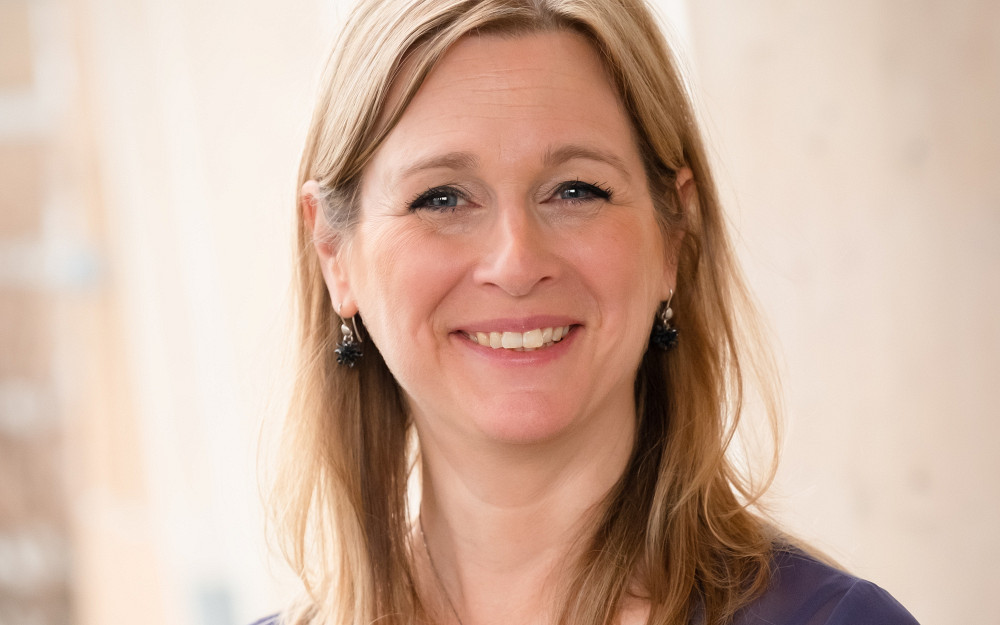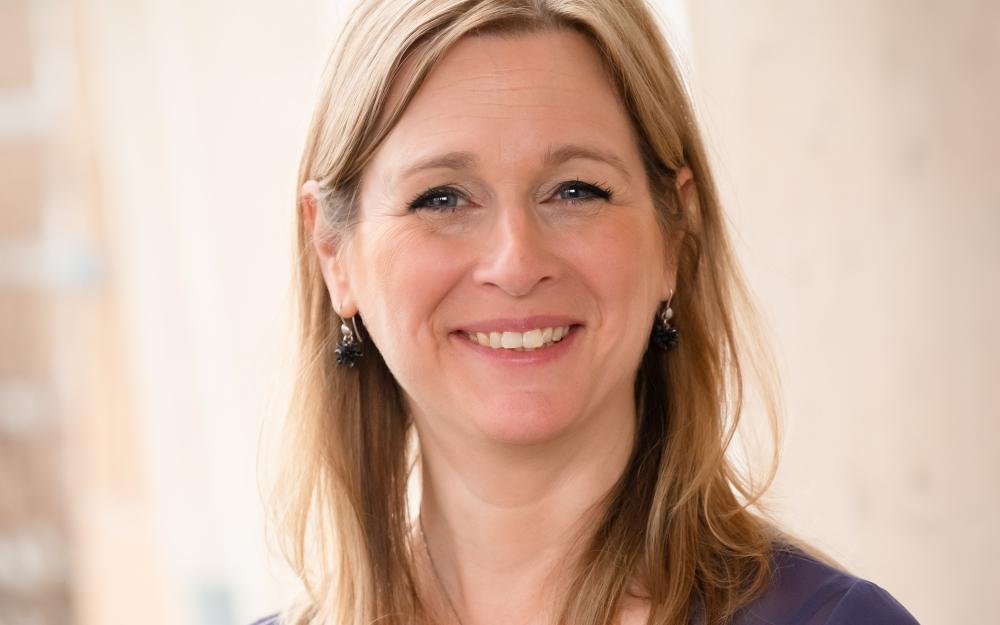
Photo: Michel Caron – UdeS
More than a passion, advancing knowledge about teaching children to read and write is a true calling for Professor Marie-France Morin. She was so invested in this mission that she brought along dozens of researchers from France and Quebec. The goal: to improve children’s literacy, a skill that supports all others, throughout life.
Professor Morin has built bridges between France and Quebec, where innovation, knowledge, promising interventions for schools and important insights for policy makers circulate. Her work is so solid and useful that she has just been awarded the Acfas Adrien-Pouliot prize for scientific cooperation with France.
Professor Morin’s interest in collaborative research was evident when she took up her position at the University of Sherbrooke in 2002. In 2008, she became Chair of Research in Learning to Read, Speak, and Write in Young Children until 2019.
According to his peers, his work contributes more than any other to the vitality of research and educational practices related to learning to read and write in Quebec and France.
An exceptionally brilliant career, unfailing commitment, relevant and powerful contributions to research, strict judgement. This is what we hear about Professor Marie-France Morin.
For her colleague, Professor Geneviève Paquette, it is no coincidence that Marie-France Morin dedicated her work to children’s literacy.
Children’s adaptation and fulfillment during development is related, among other things, to their abilities to understand the world around them and to communicate their ideas. These abilities are nurtured by reading and writing. In this context, reading and writing are important skills, especially for young children, because we know that these skills support their academic success, their socialization and ultimately their integration into the community and the world of work.
Professor Geneviève Paquette, Scientific Director of the Research and Intervention Group for Social Adjustments in Childhood
Professor Marie-France Morin is today a key reference in the entire French-speaking world. His experience is impressive. Of the 111 scientific texts published, accepted or in the press that includes (articles, book chapters, book editions, of which 69 appeared in peer-reviewed journals), more than 40% were created with scientists from France.
An invaluable work for the education sector
In addition to her scientific publications and numerous presentations at conferences, Professor Morin published 35 articles in professional journals and led a number of training and support activities. His achievements have indeed had a significant impact on practice in the education sector in France and Quebec as they materialize in tools for teachers’ practice.
Above all, his undisputed leadership makes an outstanding contribution to the advancement of knowledge and practice around the crucial issue of learning to read and write among children.
During the last 20 years, Professor Morin has established a solid and permanent network of cooperation with France that brings together more than 20 experts from 10 French universities. She directs the scientific and educational activities of this network, which works with several professional audiences, training them in the most up-to-date practices to be applied to promote students’ learning to read, write and spell.
Professor Morin is also the initiator of ingenious and interdisciplinary research projects, as demonstrated by Professor Geneviève Paquette. “Based on the scientific disciplines of education and humanities, one of the most innovative projects mobilized an interdisciplinary team (in education, psychology, mathematics, informatics and engineering) to adapt and create mobile device technologies that allow the collection of original data from young students learning to write in schools in Quebec and France. »
The scientific impact of this project is inestimable because it enabled, among other things, to push the limits of measuring the writing gesture in children, and thus a better understanding of how children write and learn to write.
Professor Geneviève Paquette, Scientific Director of the Research and Intervention Group for Social Adjustments in Childhood
A bias for the next generation
All this notoriety in no way prevents Professor Morin from showing an exemplary commitment to the next generation of scientists, whom she includes in her projects and whose contributions are fully highlighted when it comes time to publish the results of her studies.
Almost half of his publications were published with students under his guidance, often in collaboration with France, or even in the joint supervision of dissertations. Professor Morin also regularly acts as an external examiner on panels for doctoral theses or research dissertations at French universities (11 theses panels between 2004 and 2022 and 2 dissertation panels).
For students under his supervision, these experiences of collaboration with French researchers enable them to acquire research skills in an international context, in addition to serving as a springboard to launch their scientific careers.
THE Acfas Adrien-Pouliot award for scientific cooperation with France was created in 2000 in honor of Adrien Pouliot, mathematician, former president of Acfas and winner of numerous French awards. It is awarded to a researcher to highlight the excellence and impact of their work and activities carried out in collaboration with France. This award is sponsored by the Consulate General of France in Quebec and the Ministry of International Relations and La Francophonie.
Before Professor Marie-France Morin, four professors from the University of Sherbrooke received this award: Professor of Civil Engineering Patrick Paultre in 2006, Professor of Photophysics Pierre Harvey in 2008 and Professor Louis Taillefer in 2018.

